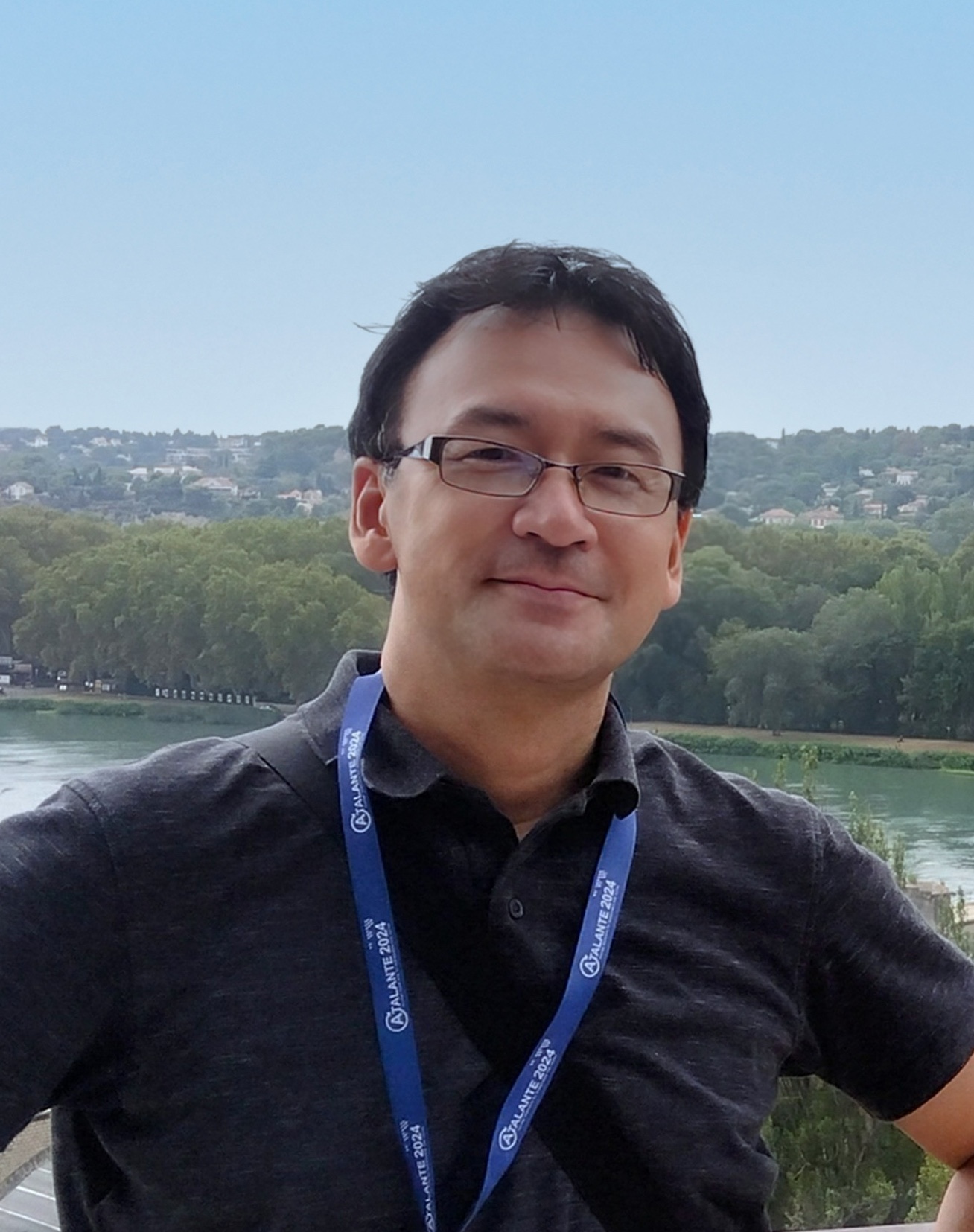At the Materials Sciences Research Center (MSRC) of the Japan Atomic Energy Agency (JAEA), we explore the frontiers of materials science by employing two specialized quantum beams—neutrons and X-rays—supplied by our facilities, JRR-3 (Tokai, Ibaraki) and SPring-8 (Sayo-town, Hyōgo), respectively. Our research covers a broad range, from fundamental to industrial applications, encompassing not only nuclear science but also fields such as energy, life sciences, and resource recycling.
Understanding the microscopic structure as well as the atomic and molecular dynamics of materials is crucial for revealing how their intrinsic properties and functions emerge. Neutrons and X-rays serve as powerful and indispensable tools for these investigations. Both JRR-3 and SPring-8 are dedicated to providing an advanced research environment. We provide specialized environments in both facilities, enabling the safe handling of nuclear fuel and radioactive materials. This commitment is one of our greatest strengths and represents a unique capability found exclusively at our research center—the only one of its kind in Japan.
Neutrons are highly sensitive to magnetic fields and light atomic elements, while X-rays are particularly effective for probing the electronic structure of materials. By combining these complementary capabilities, we are advancing research and development that leads to a deeper understanding of the structure and function of materials. Moreover, we actively engage in numerous interdisciplinary and international collaborations with research institutions and universities, both domestically and abroad.
We also partner with industry to contribute to research development and quality enhancement. Each year, more than 30 companies visit our neutron scattering instruments at JRR-3 to develop products that impact everyday life, including battery materials, advanced plastics, pharmaceuticals, and food products. Meanwhile, research in nuclear science is thriving at the RI building of SPring-8—a dedicated facility for handling radioactive substances. For example, comprehensive studies of residual fuel debris recovered from the Fukushima Daiichi Nuclear Power Plant have provided valuable insights for optimizing debris removal methods and advancing safe storage and disposal techniques.
Our society today is undergoing transformation at an unprecedented pace, with novel technologies and concepts emerging continuously. With rapid advancements in artificial intelligence and robotics, societal demands for science and technology are evolving swiftly. We remain committed to maintaining a world-class, state-of-the-art research environment while flexibly adapting to these changes and fulfilling the social responsibilities of JAEA.
We sincerely appreciate your understanding and support.
May 1, 2025
Director General MOTOKAWA Ryuhei


